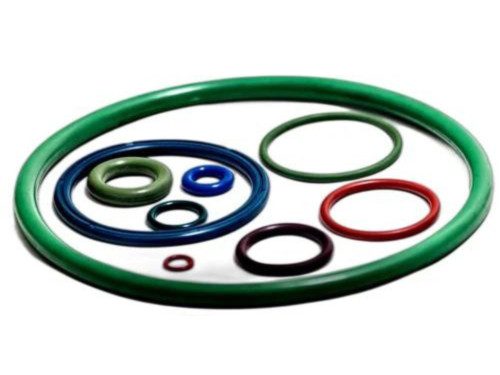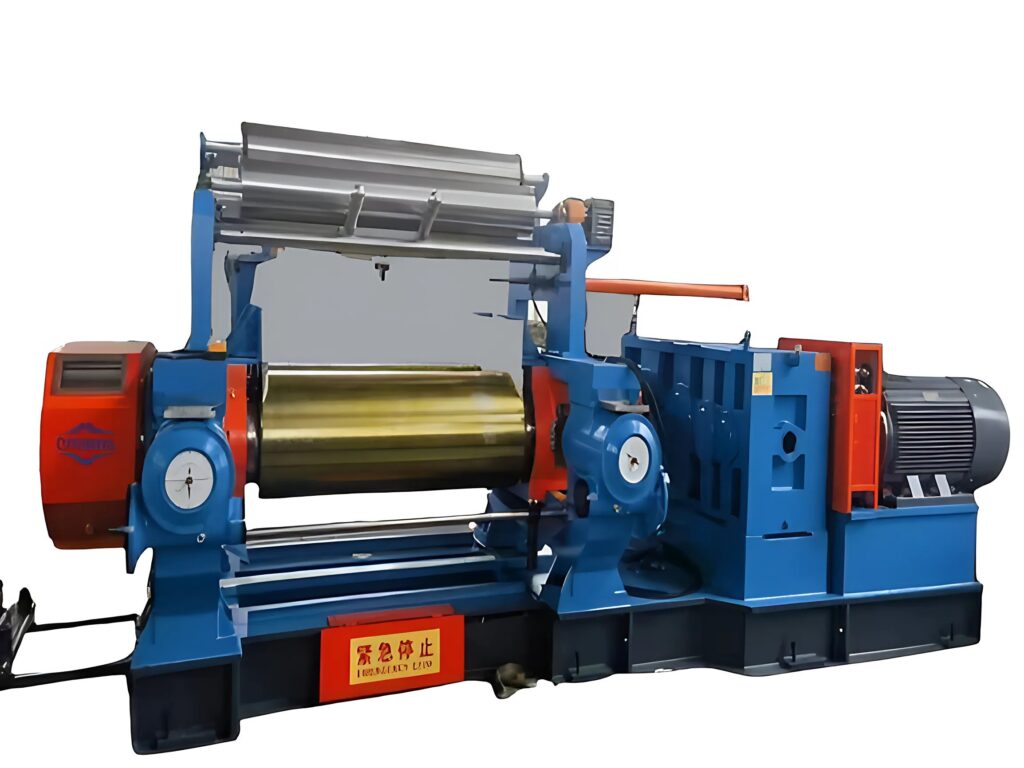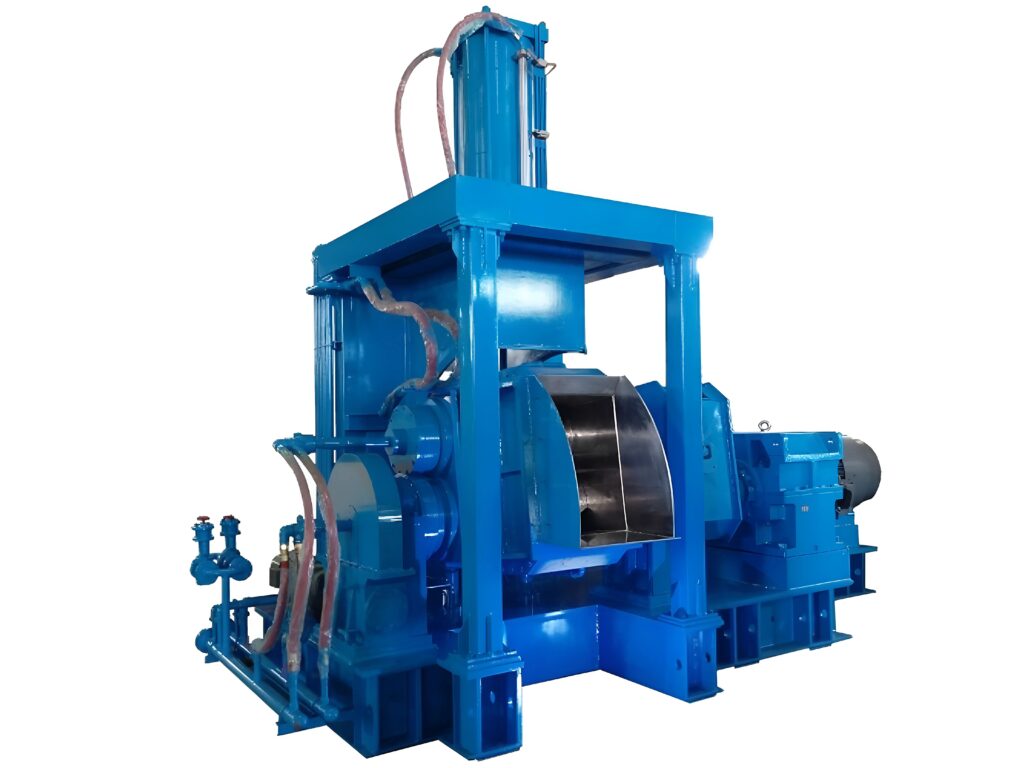How To Start Rubber O-Rings Business In Low Budget

Starting a business in the rubber industry, particularly in the niche of rubber O-rings, can be a lucrative venture. These small but essential components are used in a wide range of applications, from automotive and aerospace to plumbing and electronics. If you want to start a rubber O-rings business on a low budget, this guide will help you get started.
1. Conduct Market Research
Before diving in, it’s crucial to understand the market. Identify your target audience, analyze the demand for rubber O-rings, and research your competitors. Look into different types of O-rings (such as nitrile, silicone, or fluorocarbon) and their specific applications. This knowledge will help you carve out a niche and make informed decisions.
2. Develop a Business Plan
A well-thought-out business plan is essential, even for a low-budget startup. Your plan should include:
- Executive Summary: An overview of your business.
- Market Analysis: Insights from your market research.
- Business Structure: Decide whether you will operate as a sole proprietor, partnership, or limited liability company (LLC).
- Products and Services: The types of O-rings you will produce or supply.
- Marketing and Sales Strategy: How you will attract and retain customers.
- Financial Plan: Budget, funding sources, and financial projections.
3. Source Raw Materials and Equipment
Consider sourcing raw materials from reliable but affordable suppliers for a low-budget startup. You can find suppliers who offer bulk discounts on rubber compounds. As for equipment, look for secondhand or refurbished machinery to reduce costs. Essential equipment includes rubber mixing mills, vulcanizing presses, and O-ring cutting tools.
4. Set Up a Small-Scale Production Facility
To keep costs low, start with a small-scale production facility. You can even convert a part of your garage or a small warehouse into your production area. Ensure the workspace is clean, organized, and compliant with safety regulations. Proper ventilation and storage for raw materials are also essential.
5. Register Your Business and Obtain Necessary Licenses
Register your business with the appropriate government authorities. You may need specific licenses or permits to operate a rubber manufacturing business depending on your location. Compliance with environmental and safety regulations is crucial to avoid legal issues.
6. Develop a Branding and Marketing Strategy
Creating a strong brand identity is essential for attracting customers. Design a professional logo, create business cards, and develop a user-friendly website. Utilize social media platforms to promote your products and engage with potential customers. Join industry forums and networks to build connections and gain insights.
7. Implement Cost-Effective Marketing Tactics
- Online Marketing: Leverage SEO, content marketing, and social media to reach your target audience.
- Local Networking: Attend industry trade shows, seminars, and local business events.
- Partnerships: Collaborate with distributors and suppliers to expand your reach.
8. Focus on Quality and Customer Service
In the rubber O-rings business, quality is paramount. Ensure that your products meet industry standards and specifications. Invest in quality control processes to maintain high standards. Excellent customer service will also set you apart from competitors and encourage repeat business.
9. Monitor Finances and Optimize Costs
Keep a close eye on your finances. Use accounting software to track expenses and revenue. Regularly review your budget and look for areas where you can cut costs without compromising quality. Reinvest profits into the business to fuel growth.
10. Scale Up Gradually
As your business grows, reinvest profits into expanding your production capacity and diversifying your product range. Gradual scaling allows you to manage risks and ensure sustainable growth.
Conclusion
Starting a rubber O-rings business on a low budget is challenging but achievable with careful planning and smart strategies. By conducting thorough market research, optimizing your resources, and focusing on quality and customer satisfaction, you can build a successful and profitable business. With persistence and dedication, your small-scale startup can grow into a thriving enterprise in the rubber industry.
For more information Visit Here

 Compression Molding
Compression Molding










